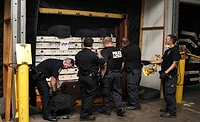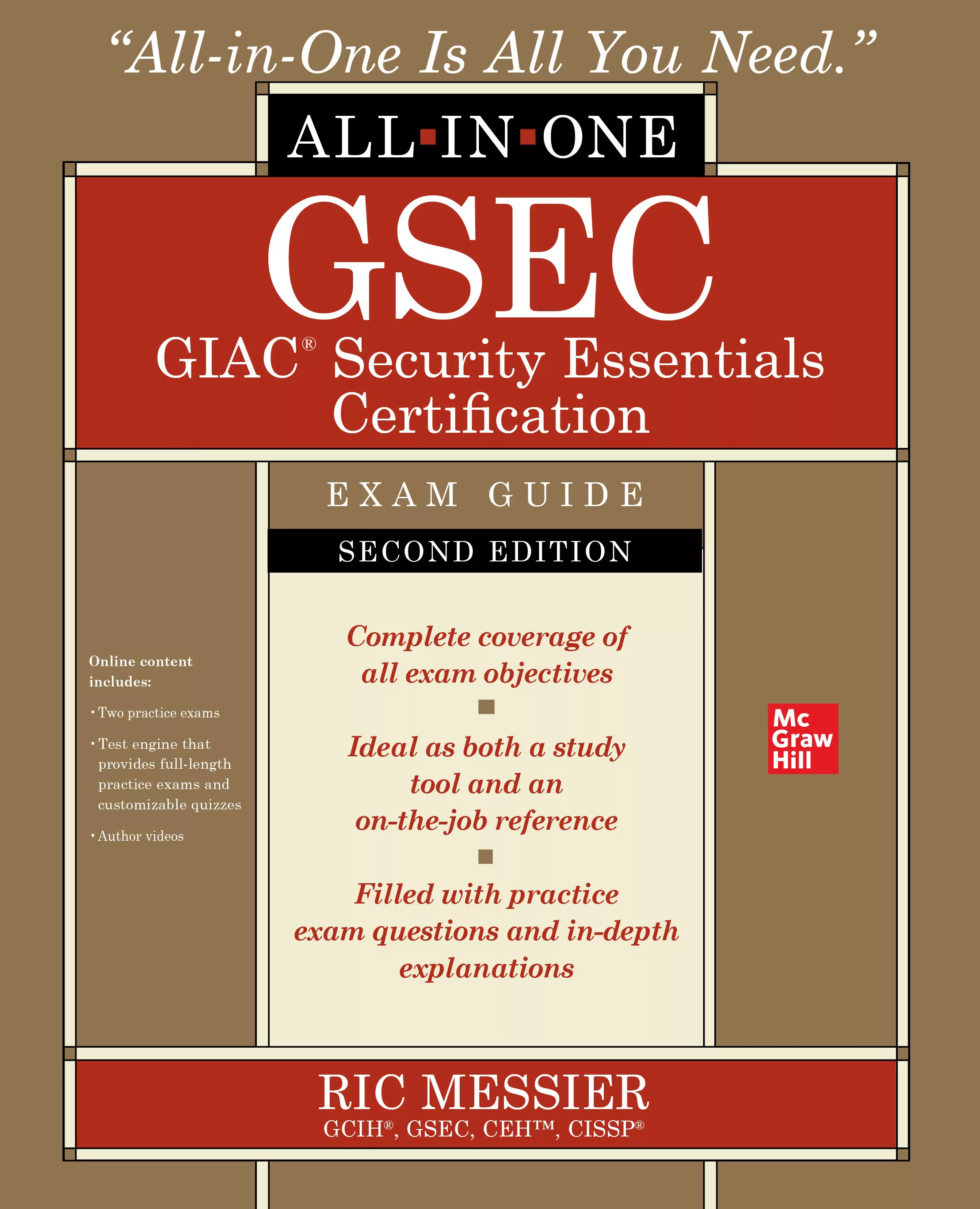Stemming Outbreaks of Violence in South Africa

Despite being one continent, the countries within Africa are far from unified. Since apartheid, South Africa has been isolated from its neighbors and other countries across the continent, who made sacrifices to support the liberation movement.
Recently, this separation from the continent and its people has escalated to violence against foreign nationals from elsewhere in Africa.
Growing violence
September 2019 saw a rise in attacks on foreigners across South Africa. The unrest followed a strike by the country’s lorry drivers, who were protesting against the employment of foreign drivers.
Several people were killed and hundreds arrested as mobs attacked foreign-owned businesses and people in the streets of major cities including Johannesburg. Much of the violence and crime targeted foreign African migrants from countries such as Nigeria, Ethiopia, Zambia and Kenya.
However, such attacks are nothing new. For more than two decades, this type of crime has bedevilled the country, and there is growing frustration that so little has been done to stop it.
The South African government does not collect data on attacks against foreign nationals. But since 1994, the African Centre for Migration & Society has monitored these types of attacks across the nation. Violent attacks peaked in 2008 and again in 2015. In September 2019, the number of attacks was already approaching the levels seen in 2015.
Prevailing safety concerns
Neighboring countries were quick to condemn the outbreak of xenophobic violence. Botswana, Lesotho and Zimbabwe all issuing travel advisories for South Africa urging their citizens to exercise extreme caution when travelling in the country.
Elsewhere across the continent, Nigeria also offered to repatriate its citizens, with Air Peace airline helping to evacuate just over 600 Nigerians.
As a result of prevailing security concerns, Madagascar’s football federation announced it would not be sending a team to play in South Africa. Zambia also pulled out of an international friendly due to be played against the nation at the National Heroes Stadium.
The Zambian government expressed concern over the situation in South Africa and requested all of its citizens using the route to and from the country to suspend their trips indefinitely.
Concrete security solutions
Clearly, concrete processes and improved security measures are needed to control and prevent persistent unrest across South Africa.
The leaders of Nigeria and South Africa have now pledged to stem future outbreaks of xenophobic violence by working together to set up appropriate mechanisms between the two countries. These mechanisms mean cooperating at various levels, including policing and the sharing of intelligence information.
In 2015, the South African army was drafted to deal with attacks and unrest. However, this is a costly and resource encumbering solution and should only be seen as a last resort. In comparison, advanced security technology can be used alongside conventional policing methods to bolster preventative action.
Solutions like perimeter security , vehicle scanners and mobile security space solutions can be set up at various crucial checkpoints and assist with the detection of threats such as explosives and weapons which could be used in an attack. Thus, enabling South Africa to get a firmer grip on security across the country and helping to block future outbreaks of violence.
Looking for a reprint of this article?
From high-res PDFs to custom plaques, order your copy today!







